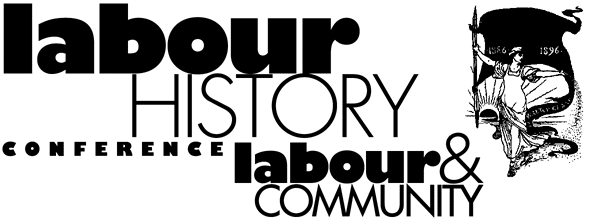Start Date
4-10-1999 4:30 PM
End Date
4-10-1999 5:00 PM
Description
This paper provides a brief overview and critique of aspects of the Australian trade union history literature focusing on the fifty or so books in and out of print. The paper highlights a concern that the existing literature is singularly limited in its assessment of trade union effectiveness in pursuing their objectives in relation to union organising, union democracy, union action and union gains, let alone the role of unions in economic and social transformation. In sum, it appears possible to read much of the literature and still be left with little or no idea of what contribution the union under study, has or has not made, to even some of the basics of union activity. These include maintenance or improvement of wages in relation to prices, average weekly earnings or other key benchmarks. This lacuna in the literature appears to apply equally to the effectiveness of trade union activity in other substantive areas of struggle including working hours, work intensity, occupational health and safety, political, social and cultural struggles and, perhaps above all, the battle over ideas and ideology.
Union Effectiveness: Still Hidden from History?
This paper provides a brief overview and critique of aspects of the Australian trade union history literature focusing on the fifty or so books in and out of print. The paper highlights a concern that the existing literature is singularly limited in its assessment of trade union effectiveness in pursuing their objectives in relation to union organising, union democracy, union action and union gains, let alone the role of unions in economic and social transformation. In sum, it appears possible to read much of the literature and still be left with little or no idea of what contribution the union under study, has or has not made, to even some of the basics of union activity. These include maintenance or improvement of wages in relation to prices, average weekly earnings or other key benchmarks. This lacuna in the literature appears to apply equally to the effectiveness of trade union activity in other substantive areas of struggle including working hours, work intensity, occupational health and safety, political, social and cultural struggles and, perhaps above all, the battle over ideas and ideology.


